For the first time in history, Puerto Ricans voted to become the 51st state of the U.S and expressed support for the non-binding political question of the future relationship between the island and Washington.
After the end of the Spanish-American War in 1898, Puerto Rico became part of the commonwealth in 1917. After the Spanish-American War, Puerto Ricans fought for equal rights and citizenship. Between the years of 1898 and 1917, Puerto Rican citizenship was finally granted by Congress.
Although Puerto Ricans are considered U.S. citizens, they do not have the right to vote in presidential elections, and their commissioner in the House of Representatives holds limited power. Since 1952, the island has been self-governed, free from the control of outside influences, but it doesn’t have the right to conduct its own foreign policy.
When voting to become a 51st state, they hoped to receive “rights, benefits and responsibilities equal to those enjoyed by all other citizens of the states of the union,” according to the voters ballot.
Just over 61 percent of voters favored making Puerto Rico the 51st state, 33.31 percent supported an enhanced commonwealth arrangement and 5.53 percent were in favor of full independence. While they voted for change in the U.S. commonwealth’s relationship with the United States, Puerto Ricans stayed hopeful that Obama would promise to uphold their vote in the case of a “clear majority”.
Many citizens were supportive of the news while many were skeptical that the referendum would pass through Congress. The long amount of time that the District of Columbia has tried for statehood and has yet to win it makes some citizens skeptical.
It has yet to be decided as to when Congress will have the final say and decision. Although, President Barack Obama has already pledged his support, saying he will respect the will of the people.




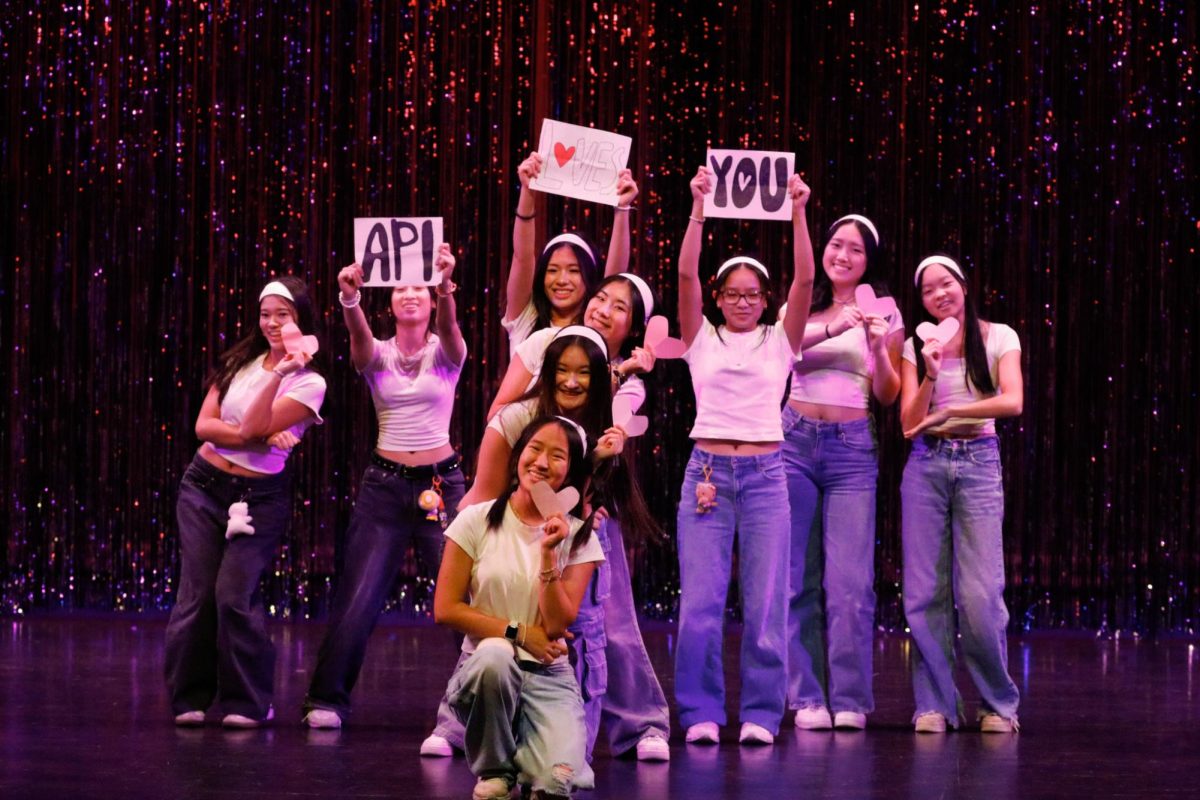
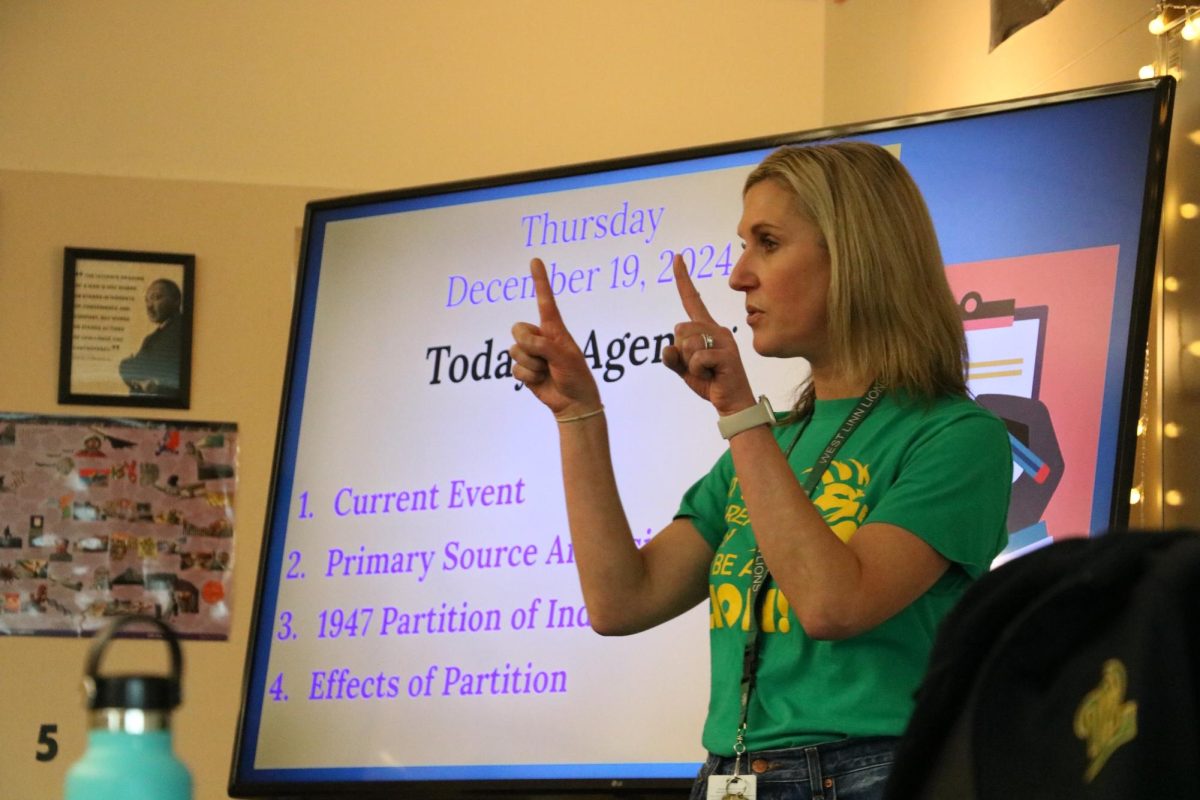


















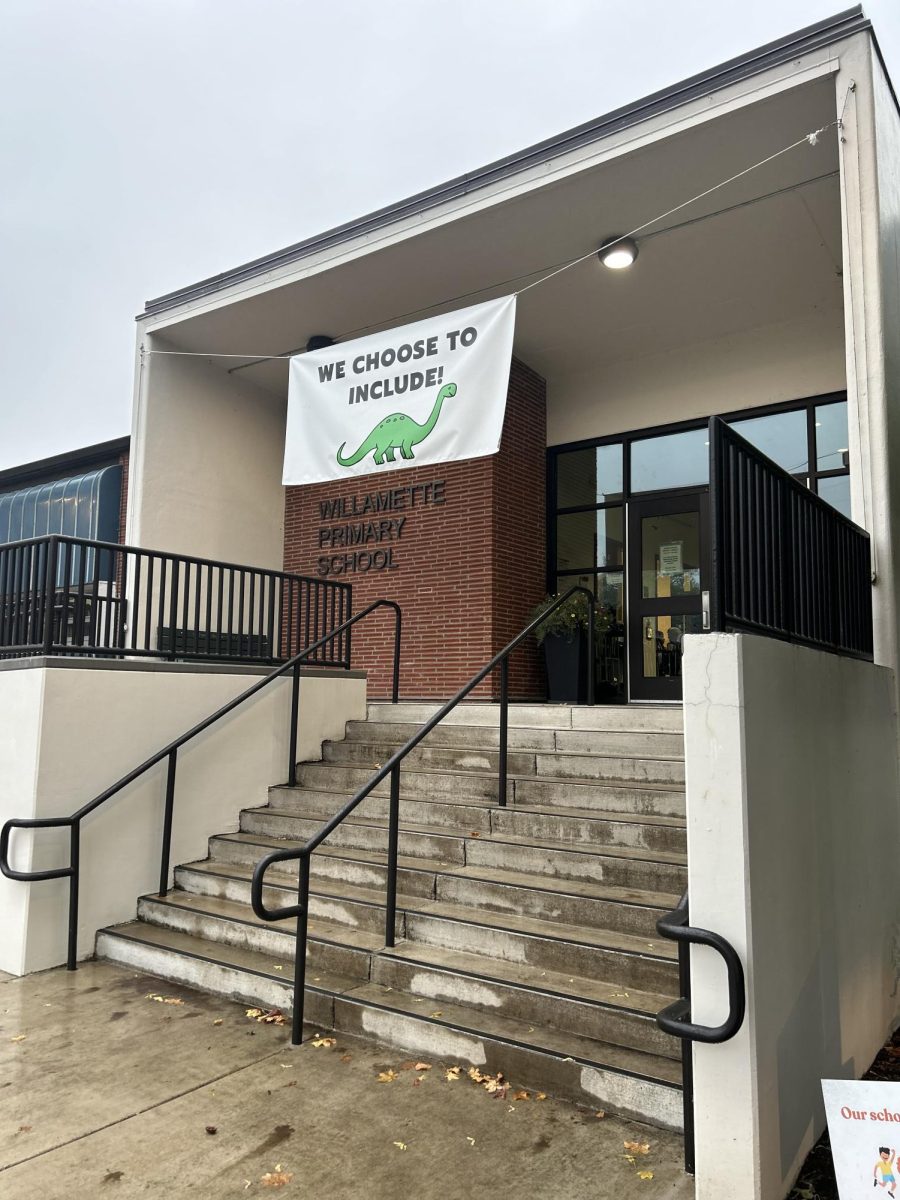


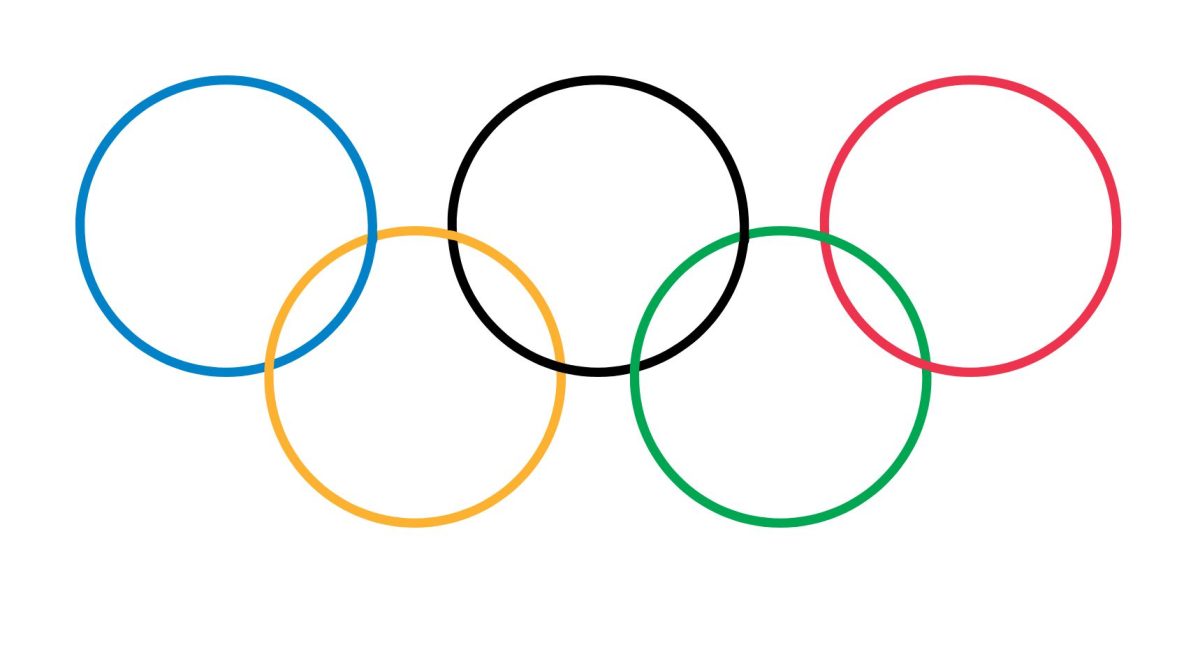





















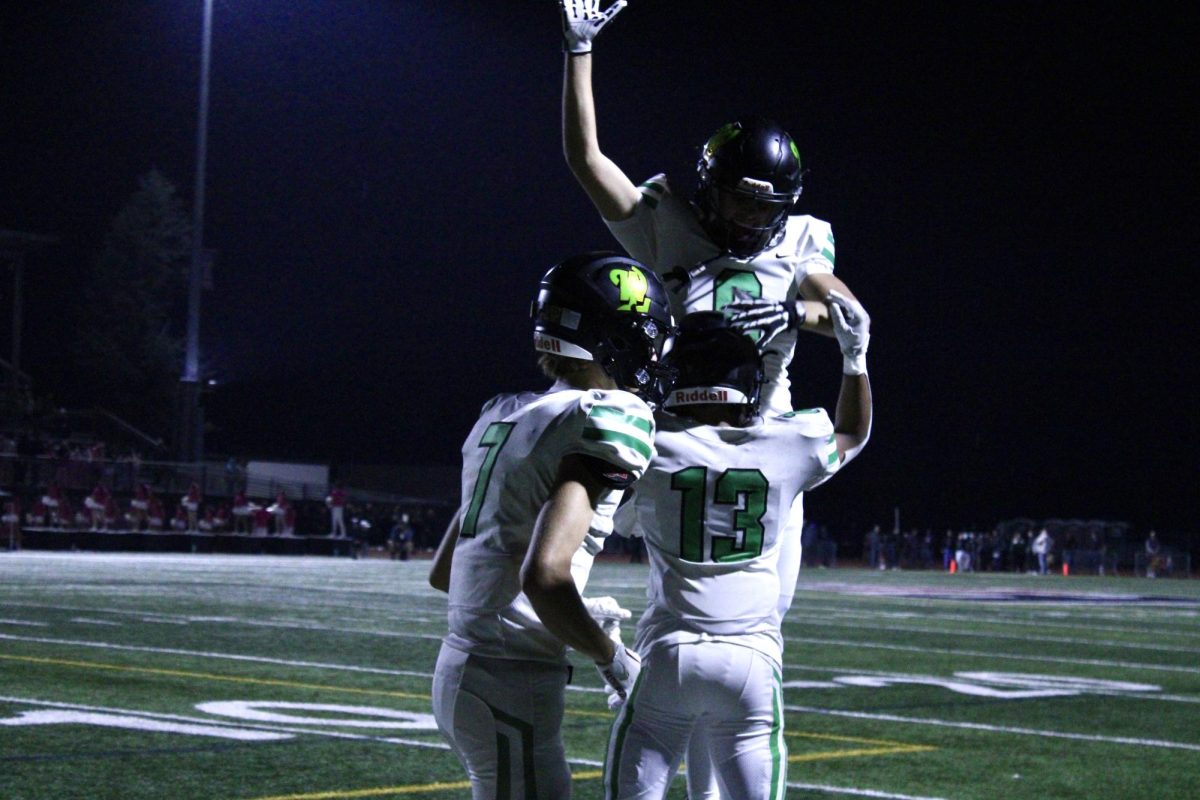




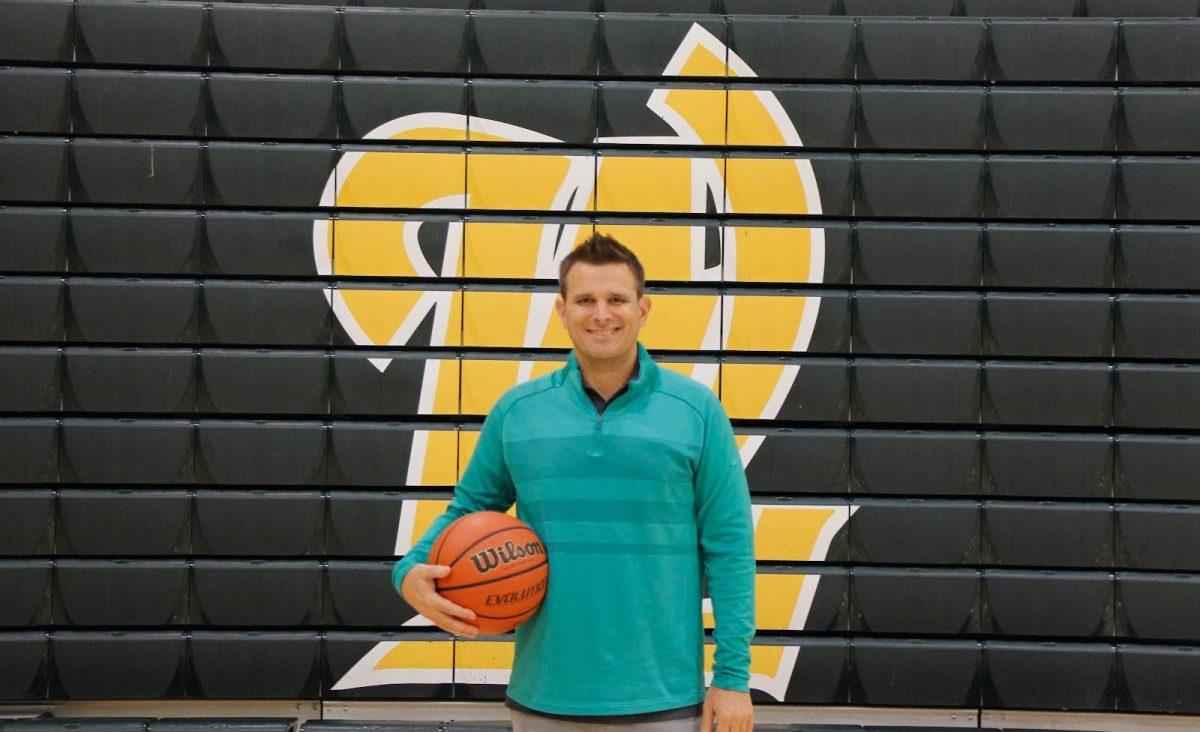







![At the bottom of the third inning, the Lions are still scoreless. Rowe stands at home plate, preparing to bat, while Vandenbrink stands off to the side as the next batter up. Despite having the bases loaded, the team was unable to score any runs. “It’s just the beginning of the season. We’re just going to be playing out best by June, [and] that’s where champions are,” Rowe said.](https://wlhsnow.com/wp-content/uploads/2024/03/IMG_3077-1200x900.jpg)






































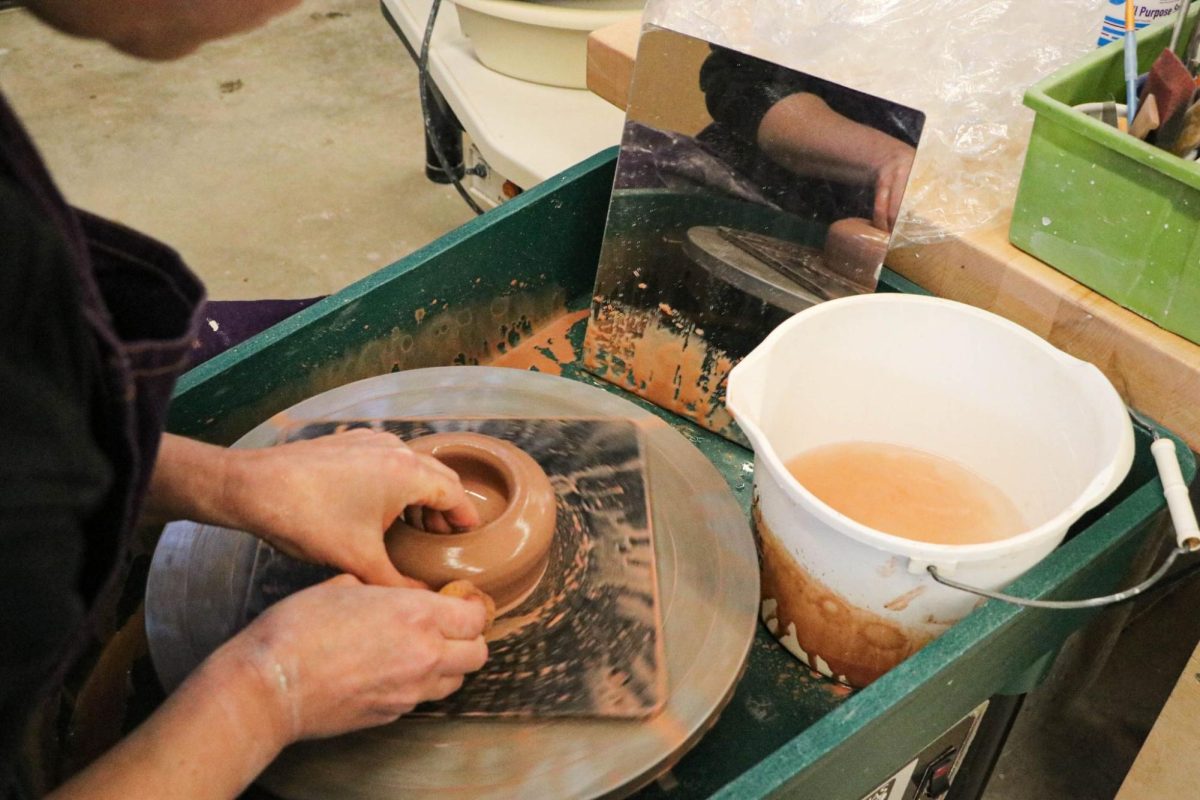
![All smiles. The group poses for a photo with last year’s book, “This is Our House,” along with their award for third Best in Show. Meikle, who was an Editor-in-Chief for the yearbook last year as well, holds both and stands at the center of the group. “That was an amazing feeling, going and grabbing the third place award,” Meikle said. “All of it paid off. I cried so much over that book, being able to receive [the award] was one of the highlights of my high school career, it was like the coolest thing ever.”](https://wlhsnow.com/wp-content/uploads/2024/11/8bookpose_philly-1200x800.jpg)













